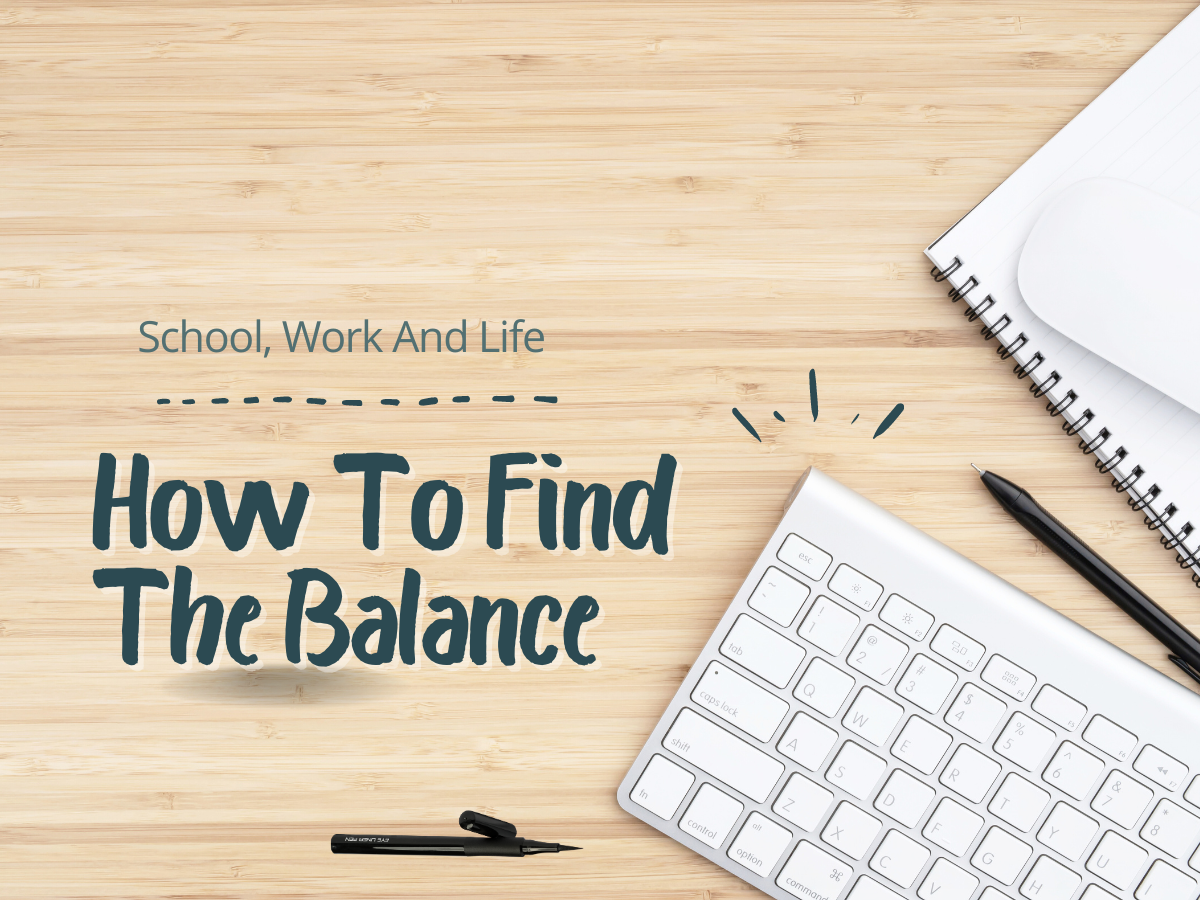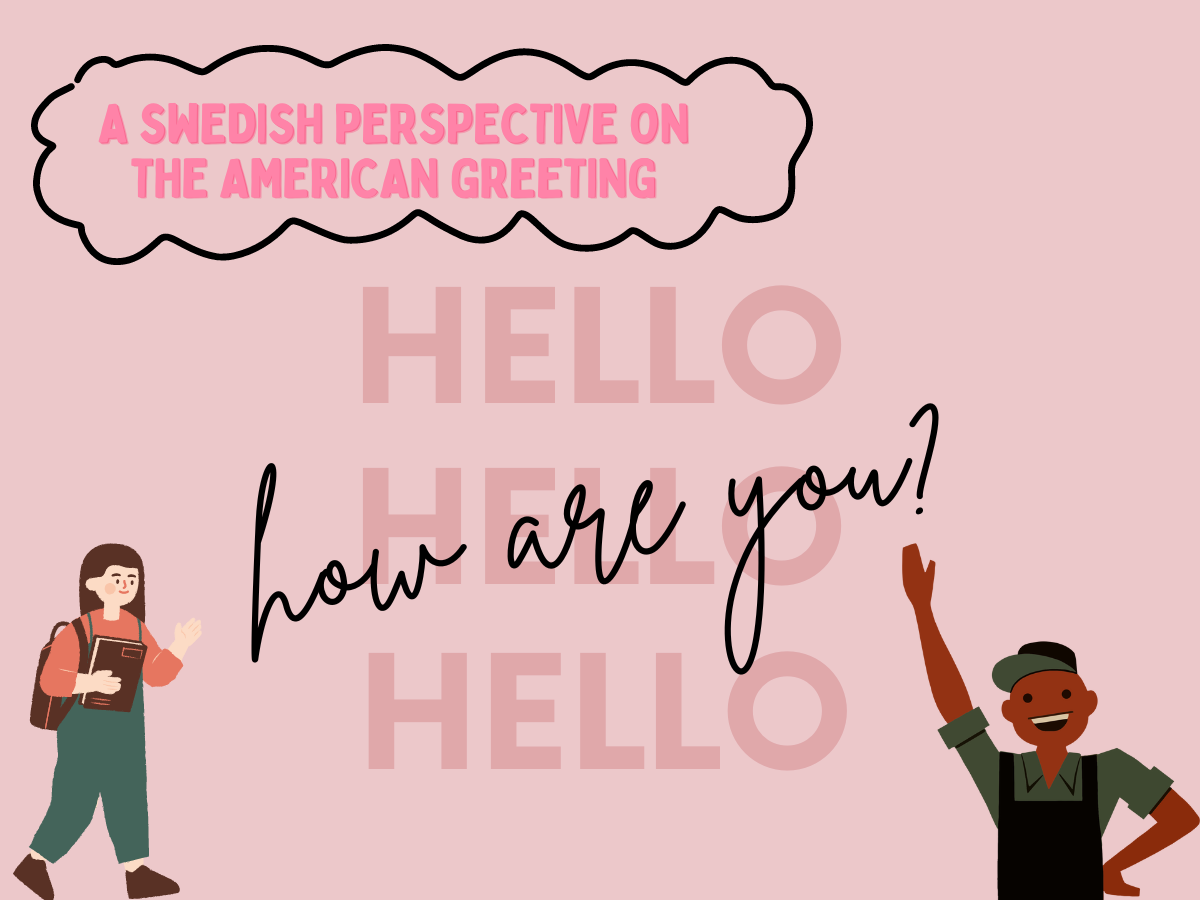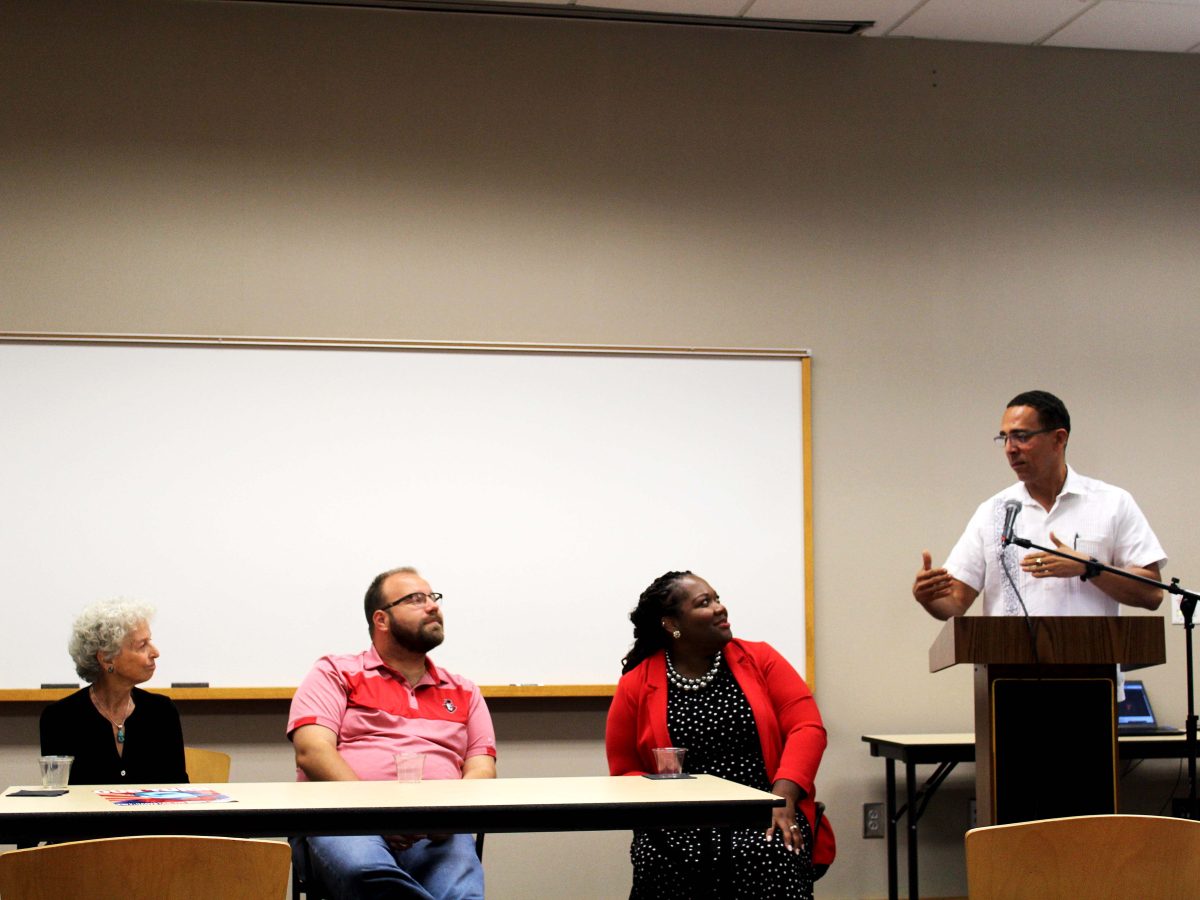Women have struggled against society’s expectations for years, but they are not the only ones. Men face a similar battle, and the consequences are more dangerous than you might think.
According to the American Foundation for Suicide Prevention, men commit suicide three-and-a-half times more often than women.
Suicide is the tenth leading cause of death in the U.S. Currently, 42,773 Americans die each year by suicide. For every suicide, there are 25 attempts, and on average there are 117 suicides per day.
According to the BC Medical Journal, suicide in men has been described as a “silent epidemic.” Suicide is often referred to as an epidemic because of its high incidence and contribution to men’s mortality.
Boys are taught at a young age to bottle their feelings up. Crying or showing vulnerability is considered unmanly and unacceptable.
According to the Women and Gender Advocacy Center, as boys get older this stigma worsens. Boys and men are often ridiculed in a particularly gendered manner. They insult one another, calling each other homosexual and feminine slurs, and this is unacceptable.
In addition to their peers, boys and men learn these conventional gender roles from family. In most homes, boys are told, “boys don’t cry” and to “man up.”
These stereotypes enforce these ridiculous expectations of what is acceptable behavior for boys and men, and it is one explanation as to why men are afraid to seek help when they need it.
Suicide in men is also considered “silent,” because of the lack of public awareness.
According to the Tennessee Suicide Prevention Network, there were 945 suicides in the state of Tennessee in 2014.
The best way to overcome this issue is to encourage the men in our lives to come forward when they are experiencing suicidal thoughts. Men should not feel ashamed when seeking help.
Earlier this month, rapper Kid Cudi checked himself into rehab citing “depression and suicidal urges.”
According to an article on Buzzfeed News, Kid Cudi said in a Facebook post he felt ashamed about what he needed to share, to “be a leader and hero to so many while admitting I’ve been living a lie.”
One day after Kid Cudi announced he had checked himself into rehab, multiple black men came forward about their experiences with suicidal thoughts and depression on social media using the hashtag #YouGoodMan.
Dayna Lynn Nuckolls, an artist and musician who lives in Chicago, told BuzzFeed News that Kid Cudi’s statement resonated with her.
“When I saw that someone with so much to gain, but also so much to lose in sharing something personal like that came forward, it made me happy because it opened the door and gave others permission to do the same,” Nuckolls said.
Representation is important and effective. Men often feel afraid to seek help when they are experiencing suicidal thoughts or depression, but they are not aware of the positive influence they might have on someone else struggling to come forward.
We need to break the silence. We are all human beings. Everyone deserves to be heard and everyone should receive the help they need, regardless of gender or society’s expectations.
For APSU students who may be seeking help, APSU’s Student Counseling Services offer a variety of direct care services to students, including individual counseling, couples counseling and group support. All counseling sessions are confidential and free of charge. For more information, call 931-221-6162.
If you or someone you know is experiencing suicidal thoughts or needs someone to talk to, please call the Suicide Prevention Lifeline at 1-800-273-8255.





